Liberia: Traditional Healers crucial in a moribund Health Care system
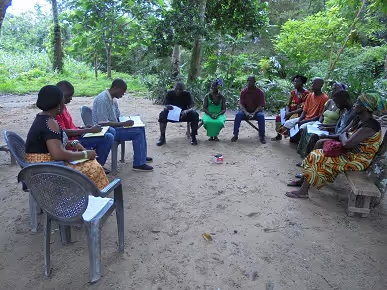
“If you believe in the Quran, you can go in the bush and collect any leaf and recite the Quran on it and bring it, you can heal people just believe in what you are doing.” Imam, Nimba County.
Liberia, a country covering a landscape of 48,000 square miles with a population of 4,092,310[1], suffered the effect of fourteen years civil war- crisis that wreaked havoc on all modern health infrastructures as qualified personnel fled the country and universities and other training facilities closed. The lack of adequate functioning and accessible health care services in Liberia, for a vast majority of the population, particularly those in remote areas, affordable medical care available are those that are provided by traditional healers. In addition to offering affordable care close to home, traditional healers are known to communities and therefore trusted.
The March 2014 outbreak of Ebola hemorrhagic fever in Liberia did not only expose the feebleness of the war-torn nation’s health system, it also revealed how citizens, in desperate search of answers to their health needs, amidst such national catastrophe, readily seek refuge in the comfort of traditional medicine. As the country strives to recover from the debris of war, its’ health sector, like all other infrastructures, is struggling to piece together broken parts, making almost everything a priority hence practically impossible to adequately address the health needs of the population. Compounding the dilemma, all major hospitals suddenly closed during the Ebola epidemic while trust in the government and biomedical centers drastically diminished. The situation reinforced an already ingrained faith in the healing power of traditional healers.
In order to obtain an insightful understanding of the role Liberian Traditional Healers (THs) play and their ability to potentially collaborate with biomedical practices in meeting the health needs of Liberians, the Platform for Dialogue and Peace (P4DP), in August 2015, began consulting local actors across the country. The project’s underlining goal is to examine how Liberian THs understand Ebola and the role they play in handling it. The outcome is to explore potential alternative [healthcare] options that promote diversification, while building resilience and reactivity into the Liberian public health system.
“If you believe in the Quran, you can go in the bush and collect any leaf and recite the Quran on it and bring it, you can heal people just believe in what you are doing.” Imam, Nimba County.
Liberia, a country covering a landscape of 48,000 square miles with a population of 4,092,310[1], suffered the effect of fourteen years civil war- crisis that wreaked havoc on all modern health infrastructures as qualified personnel fled the country and universities and other training facilities closed. The lack of adequate functioning and accessible health care services in Liberia, for a vast majority of the population, particularly those in remote areas, affordable medical care available are those that are provided by traditional healers. In addition to offering affordable care close to home, traditional healers are known to communities and therefore trusted.
The March 2014 outbreak of Ebola hemorrhagic fever in Liberia did not only expose the feebleness of the war-torn nation’s health system, it also revealed how citizens, in desperate search of answers to their health needs, amidst such national catastrophe, readily seek refuge in the comfort of traditional medicine. As the country strives to recover from the debris of war, its’ health sector, like all other infrastructures, is struggling to piece together broken parts, making almost everything a priority hence practically impossible to adequately address the health needs of the population. Compounding the dilemma, all major hospitals suddenly closed during the Ebola epidemic while trust in the government and biomedical centers drastically diminished. The situation reinforced an already ingrained faith in the healing power of traditional healers.
In order to obtain an insightful understanding of the role Liberian Traditional Healers (THs) play and their ability to potentially collaborate with biomedical practices in meeting the health needs of Liberians, the Platform for Dialogue and Peace (P4DP), in August 2015, began consulting local actors across the country. The project’s underlining goal is to examine how Liberian THs understand Ebola and the role they play in handling it. The outcome is to explore potential alternative [healthcare] options that promote diversification, while building resilience and reactivity into the Liberian public health system.
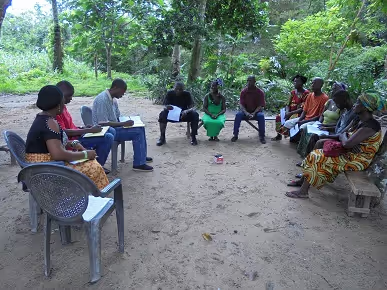
The preliminary analysis of emerging data indicates that accessibility, affordability and deep-rooted beliefs in the spiritual might of traditional healers and bush medicines make herbalists a critical component of the social puzzle. Reminiscing on the inestimable role played by traditional healers during the Ebola crisis, a participant explained: “Herbalists (traditional and spiritual healers) played major roles during the Ebola crisis. Ebola came with [symptoms] of all the common illnesses that we have here: headache, vomiting, running stomach and rashes. The herbalists were there, [fiercely] battling against it.” They provided social supports in ways that prevented further transmission of the deadly virus.
The qualitative study utilises Key Informant Interviews (KIIs) and Focus Group Discussion (FGD) with traditional healers and service users, in various communities, to understand how they perceive the work of THs in handling infectious disease like Ebola. One of the key challenges besides the deplorable condition of roads in most rural Liberia is the secrecy around the topic, most THs are careful and sometime do not want to release much information about their profession. However, the initial workshop produced a positive results as most of the respondents already understood the objective of the project hence spoke to researchers and provided relevant perspectives. To a larger extent, the team enjoys a warm and cordial reception in each of the communities they have collected data owing to the good work of Local Facilitators. A key unexpected appeal that repeatedly came up in all the communities consulted was the request for the government to mainstream traditional medicine with modern health care system.
In a nutshell, understanding more clearly the role of TH, with particular focus on improving integrative and governance models for the practice, could have a positive impact on health care outcomes in Liberia. Therefore the thoroughness of this study is indispensable.
;
[1] http://www.theodora.com/wfbcurrent/liberia/liberia_people.html
Stay updated
Sign up for our newsletter to receive regular updates on resources, news, and insights like this. Don’t miss out on important information that can help you stay informed and engaged.
Related articles
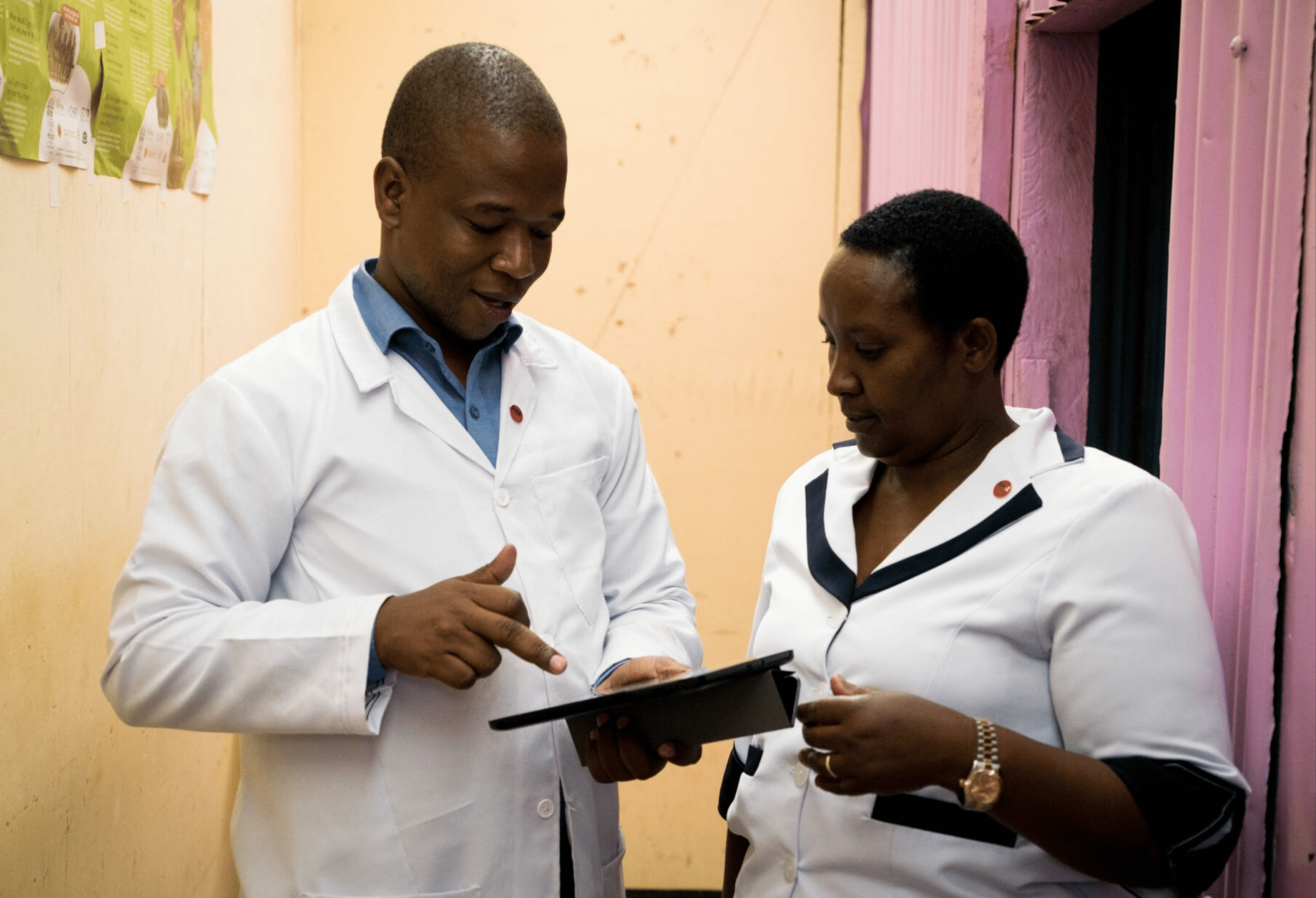
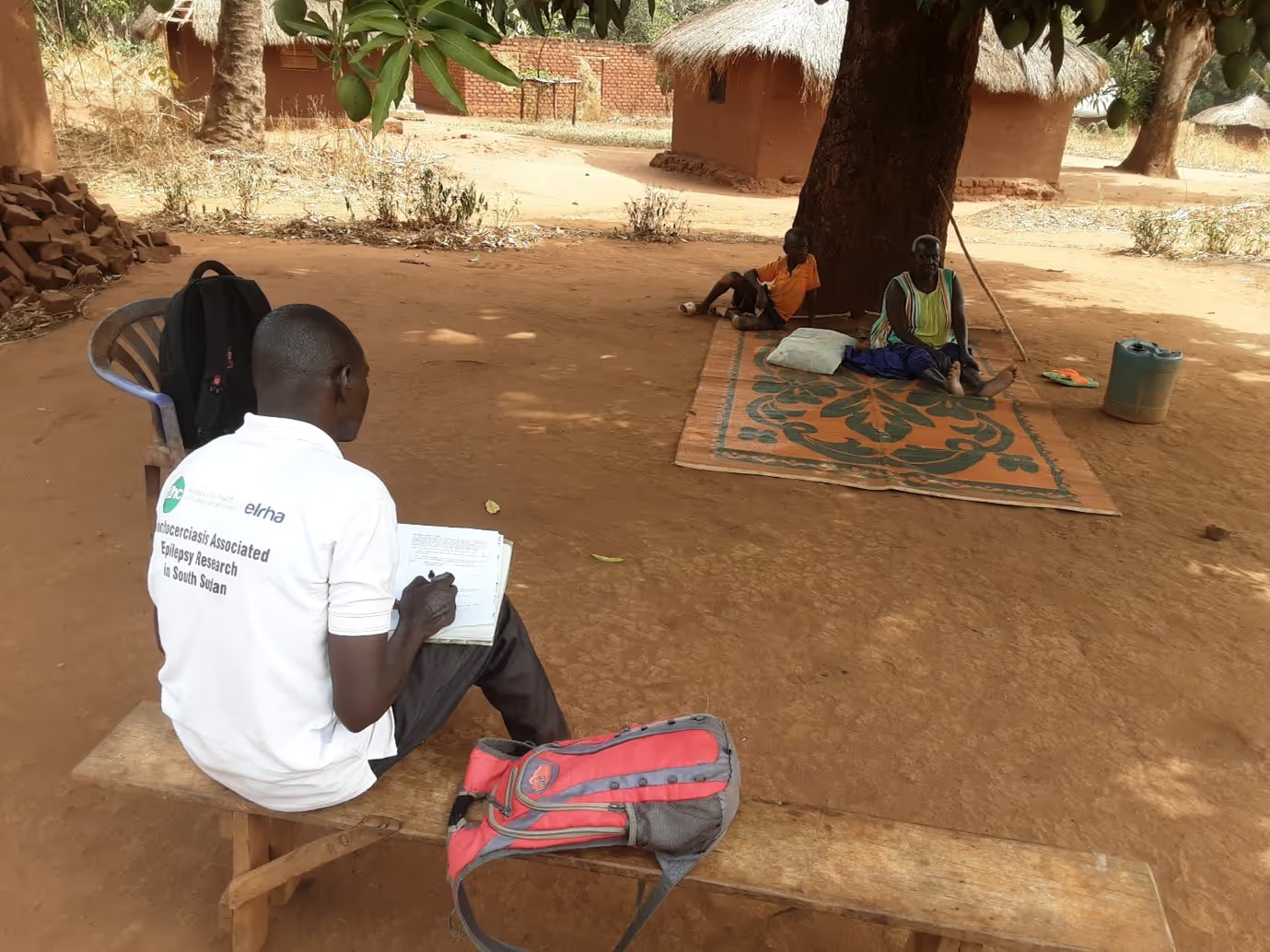
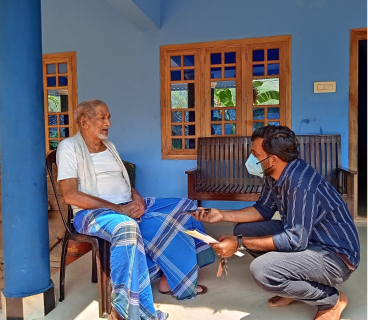
Explore Elrha
Learn more about our mission, the organisations we support, and the resources we provide to drive research and innovation in humanitarian response.